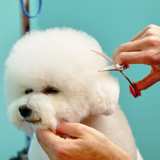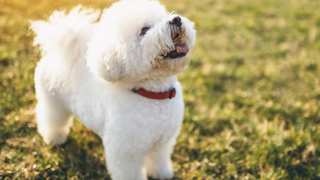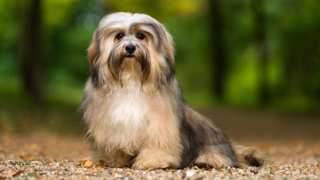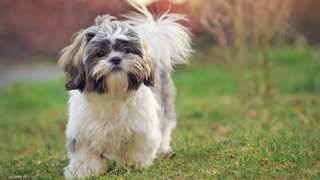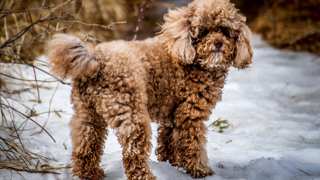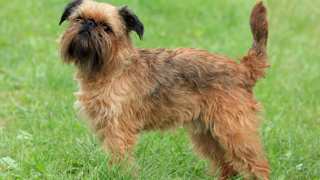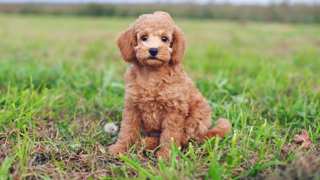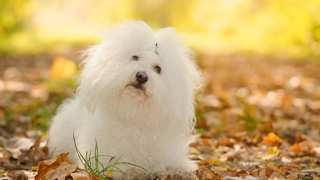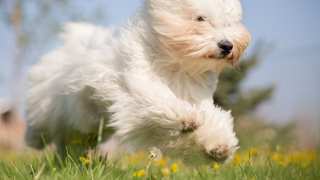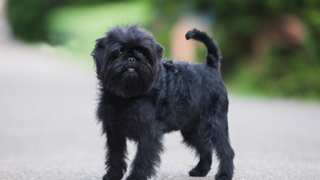The Bichon Frise diet will need to include animal proteins, carbs, vitamins, minerals, and omega fatty acids--nutrients every dog needs to maintain its health in the long term. This means the best Bichon Frise dog food is premium dry kibble, as it has balanced portions of the above-listed ingredients. One premium brand even has a line of dry food specifically formulated for this breed: Royal Canin Bichon Frise Food is tailored to adult Bichons, and has nutrients that keep these dogs at their healthiest.
Specifically how much should a Bichon Frise eat? Adult Bichon food portions are about 1½ cups of dry food per day, divided into two meals. Portions of food for Bichon Frise puppy dogs are a bit smaller: depending on age, about a cup per day, divided into three meals (not two) until five months old.
For more info on feeding these dogs from puppyhood through maturity, here's a Bichon Frise feeding guide:
Dog AgeDog WeightFood TypeAmountFrequency2 Months1 lbDry (Puppy formula)6-8 pieces3x/day3 Months2 lbsDry0.25 cups3x/day5 Months4 lbsDry0.33 cups3x/day8 Months8 lbsDry* (Puppy/Adult)0.6 cups2x/day10 Months+10 lbsDry (Adult formula)0.75 cups2x/day*--Around this time, transition to adult food by mixing in adult formula with the puppy formula, in slowly increasing amounts, for one week.
Try if possible to stick to the above-listed portions. If constantly overfed (and under-exercised), these dogs will become overweight--and a fat Bichon Frise will have numerous health problems and a shortened lifespan. You can help control your Bichon's weight by having consistent feeding and exercise schedules, by not feeding the dog table scraps, and by not leaving food in the dog's bowl all the time.
If you're worried your Bichon Frise is overweight, try this simple test: run a hand along the dog's side, and if you can't feel any ribs, it's diet time--which means less food and more exercise!
